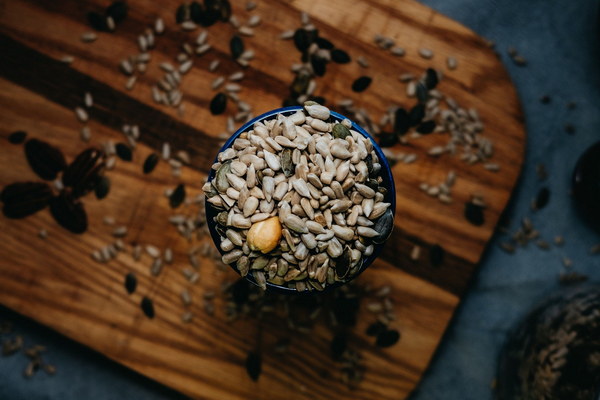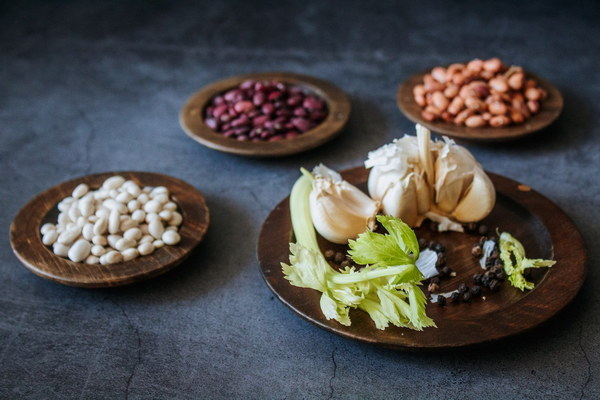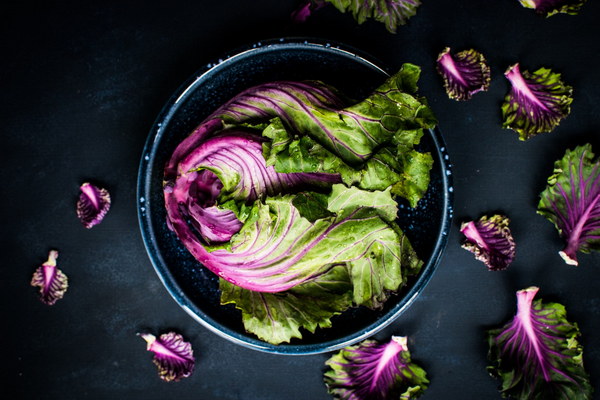Can Rose Tea Boost Liver Health Exploring the Potential Benefits
In the world of natural remedies and traditional medicine, the question of whether rose can boost liver health has intrigued many. Rose, with its vibrant petals and delicate aroma, is not only a symbol of love and beauty but also a potential source of health benefits. This article delves into the science behind the claim that rose can aid in liver health, exploring the potential benefits and how to incorporate this beautiful flower into your wellness routine.
The Liver: A Vital Organ
The liver is one of the most important organs in the body, responsible for filtering blood, metabolizing nutrients, producing bile, and detoxifying harmful substances. Given its multifunctional role, maintaining liver health is crucial for overall well-being. Conditions such as fatty liver disease, hepatitis, and cirrhosis can significantly impair liver function and lead to serious health complications.

Rose: A Natural Remedy with Historical Significance
Rose has been used in traditional medicine for centuries, particularly in the Middle East and Asia. The petals are believed to possess a variety of medicinal properties, including anti-inflammatory, antioxidant, and liver-protective effects. The rose's reputation as a liver-friendly herb has been supported by various studies over the years.
Antioxidants: The Powerhouse of Roses
One of the primary reasons rose is thought to be beneficial for the liver is its high content of antioxidants. These compounds help protect the liver cells from damage caused by free radicals, which are unstable molecules that can lead to oxidative stress. Rose tea, made from rose petals, is rich in antioxidants such as flavonoids, carotenoids, and vitamin C, which contribute to its liver-boosting properties.
Potential Liver-Protective Effects
Several studies suggest that rose can have liver-protective effects. For instance, a study published in the Journal of Ethnopharmacology found that rose extract could help reduce liver inflammation and improve liver function in mice with liver damage. Another study in the Journal of Medicinal Food reported that rose tea consumption could lower the levels of liver enzymes, indicating improved liver health.
Incorporating Rose into Your Diet
To harness the potential liver-boosting benefits of rose, consider incorporating rose tea or rose-infused water into your daily routine. Here are a few ways to enjoy rose:
1. Rose Tea: Brew a cup of rose tea using fresh or dried rose petals. You can add a touch of honey or lemon for extra flavor and health benefits.
2. Rose Water: Use rose water as a refreshing drink or as an ingredient in homemade face masks and lotions.
3. Rose Petals in Cooking: Add dried or fresh rose petals to desserts, salads, or herbal teas for a touch of elegance and health.
Conclusion
While more research is needed to fully understand the extent of rose's liver-boosting effects, the existing evidence suggests that incorporating rose into your diet could be beneficial for liver health. The antioxidants and other bioactive compounds in rose petals may help protect the liver from damage, reduce inflammation, and improve overall liver function. So, why not add a touch of the rose's natural beauty and potential health benefits to your daily routine?
![Innovative Lung Purification Devices The Heart of Production at [Factory Location]](http://img.bluepurple.cn/a/养生/326/Innovative-Lung-Purification-Devices-The-Heart-of-Production-at-Factory-Location.jpg)

![Discover the Serenity of Beauty Explore the Premier Beauty Parlor at [Address] in Pu'er](http://img.bluepurple.cn/a/养生/386/Discover-the-Serenity-of-Beauty-Explore-the-Premier-Beauty-Parlor-at-Address-in-Puer.jpg)






